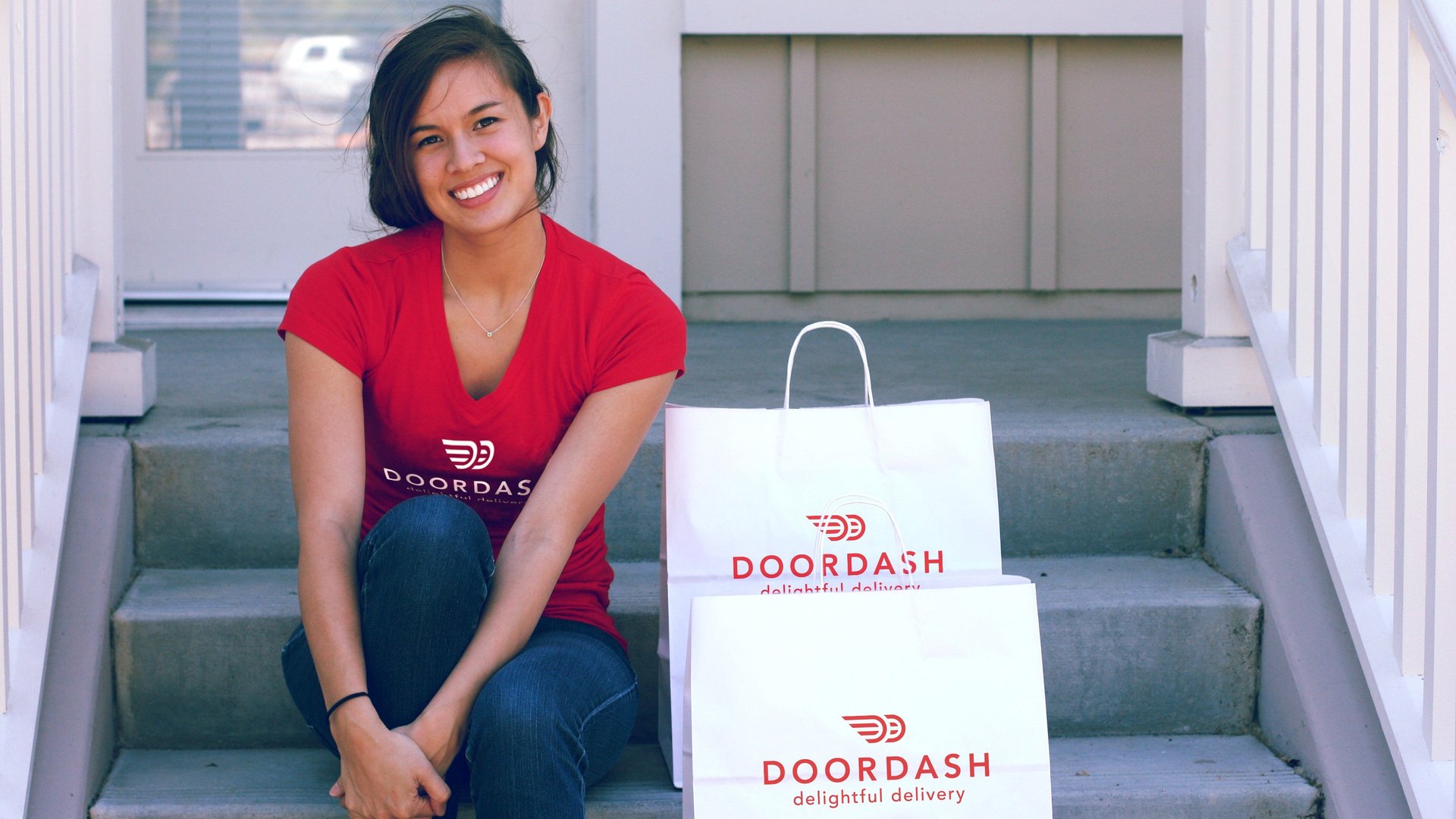DoorDash’s CEO denies a down round and insists he doesn‘t care how much his startup is worth
For Silicon Valley, 2016 is shaping up to be the year the joyride ends.


For Silicon Valley, 2016 is shaping up to be the year the joyride ends.
Startups that just a year ago were speeding toward billion-dollar valuations have in recent months crashed into much tougher realities. Funding is drying up. Workers are being laid off. Dessert is, quite literally, getting taken away.
Companies are also suffering down rounds—industry speak for raising funds, selling, or listing on the stock market at a valuation lower than the one previously bestowed by investors. DoorDash, a hot startup for food delivery, is thought to be among them. The Wall Street Journal reported in mid-February that DoorDash, which last fall was chasing a $1 billion valuation, had sold shares at a 16% discount and given investors the right to block a public offering at a price below $71.82.
But over coffee with Quartz in New York on Wednesday, DoorDash CEO Tony Xu denied that a down round had taken place.
“I think it’s interesting that people like to put words in our mouths about, like, in terms of valuations and things like this,” Xu said. “We’ve never once [stated] a valuation about any one of our rounds. Just never asked for a valuation, never said a valuation. Right? I think it’s very interesting that people care about that.”
Even by Silicon Valley standards, DoorDash has grown at a blistering rate. In January 2015, the company was in three cities. Today, it operates in 22. DoorDash partners with local restaurants to deliver food to customers for a flat fee, usually between $4 and $7. DoorDash also takes a commission from merchants on each order, and works with independent contractors to make the deliveries.
One reason investors may have tempered their enthusiasm for DoorDash is expensive churn among those contractors, who it calls “dashers.” The New York Times reported last month that DoorDash spends upward of $200 recruiting dashers, and that a “large number” of them leave in less than a year.
Retention problems have bedeviled many on-demand delivery companies, which by and large use contractors rather than employees, and compete for the same workers. Asked about DoorDash’s dasher retention, Xu characterized it as ”pretty good.” He declined to provide a specific figure, but said it was above 50%. “The point is that dashers by definition will churn,” Xu said. “They’re people looking for flexible work.”
DoorDash’s reported stumbles are a good example of how things sometimes play out in the nebulous world of startup valuations. It’s tacitly understood in Silicon Valley that the audacious numbers awarded to the hottest companies can be kind-of-sort-of made up. Over the last year, investors poured money into on-demand, “Uber-for-something” ventures in large part because they feared missing out on the next big thing. The once-exclusive club of unicorns—private companies valued at $1 billion or higher—now has more than 150 members. By late 2015, becoming a unicorn was less a sign that you’d achieved something than that you weren’t getting left behind.
And yet, Xu swears he’s not concerned with valuations.
“At the end of the day, if we best serve our consumers, merchants, and dashers, the score will take care of itself,” he said. “If you’re a good entrepreneur, you probably know that the investor has more information than you do to make an estimate for your valuation. I, as an entrepreneur, only have a sample set of one. That’s our company. Right? The investor probably sees, I don’t know, you name the number. A much more perfect set of information.”
He paused. “So why would any entrepreneur ever ask for a valuation?”